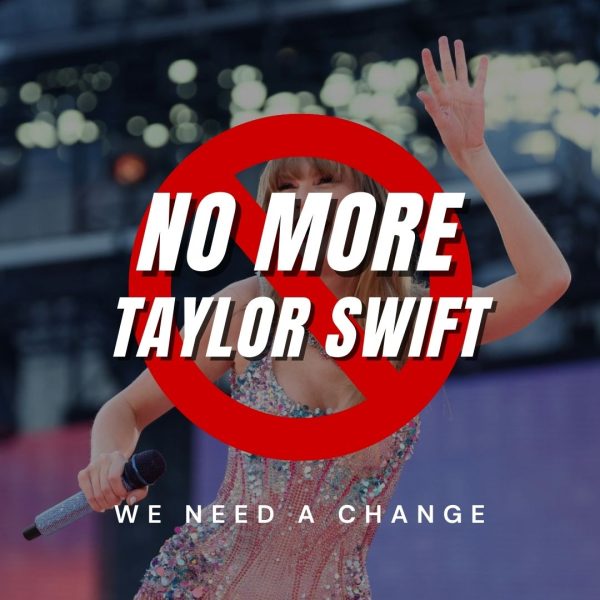Who Cares about Louis Vuitton?
It’s a phenomenon only seen in 1st world, developed countries. Grown men and women walking up and down the street or sitting in a restaurant that are flaunting their designer bags, wallets, watches, t-shirts, underwear, and sunglasses in a subtle attempt to show the working class that they are better in some way. They seem to be everywhere, and as citizens of these countries, we cannot always help but feel a little twinge of admiration for the people with the expensive logos on their apparel, but if anyone from Sub-Saharan Africa or the poorer areas of Indochina traveled to America or Europe they would be utterly confused at our fixation with designer items.
“Why does anyone care?” They would wonder. After all, Ray-Ban sunglasses are nothing more than molded plastic, and the quality of Louis Vuitton wallets are not much better than any other leather company, but for some reason, we apparently still care about what name is on the products that we buy.
But if it is as it seems, and it is only the brand that truly matters to us, then why would we ever pay full price for an authentic designer item if we can have an exact replica that has the same appearance, but with inauthentic parts? In New York City, on Canal Street especially, there are literally hundreds of places where you can pick up a Rolex watch or a new pair of Air Jordan shoes for a fraction of the price, but perhaps engaging in buying fakes could , in fact, have a detrimental effect on our self-image.
In an experiment conducted by Francesca Gino, Michael I. Norton, and Dan Ariely, test subjects were given counterfeit clothing and put into a variety of situations that tempted them to cheat or be dishonest. What the three psychologists found was startling: The subjects that were wearing fakes were proven to be around 70% more likely to be dishonest in any of the given situations, and much more likely to have a more cynical and negative view on people in general.
This is counter-intuitive, as it completely contradicts what is thought to be the social norm because it discredits the idea that we, as a culture, only buy luxury items for the appearance or brand name. In order to truly answer the foreigners’ question “Why does anyone care?” and to explain why any of us prefer a real Luis Vuitton wallet over a replica, we must explore the results of a separate study on 43 children conducted by Experimental Psychologists Paul Bloom and Bruce M. Hood.
These children were shown a “copying machine” and told that it could make an identical copy of any object put into it. In order to prove the illusion to the kids, the psychologists “duplicated” a few toys and asked the children what they thought of the pair. The children almost never cared whether an item that held no sentimental value to them was a duplicate or not; however, when the scientists asked the kids if they could duplicate their personal “attachment items” (blankets or their favorite stuffed animals), the psychologists were met with distress. Of the children that actually allowed the scientists to copy their favorite toys, none of them saw the two items as equal: they almost always saw the copied “attachment item” as inferior. What the psychologists concluded was that the brain calculates value in a strange way: It lumps in material possession along with all of the emotional and societal stigma that a person has gathered throughout their whole life.
Why do we feel like a successful person when we buy a real Louis Vuitton purse and like a cheater when we buy a bootleg version? Because, much like a child’s favorite blanky, our brain has been trained to associate happiness and success with the brand. Louis Vuitton (and any other luxury brand) holds an esteemed spot in our society, and as a culture we have slowly accepted designer apparel into our subconscious as items that only the happiest, wealthiest, and most famous people own.
So to answer the foreigner’s question: we care because our culture made us care. It is shallow and it is artificial but it just so happens to be an integral part of our wealthy society. It is ingrained into our subconscious since birth, and the only way to fight the urge is to be aware of our need to be accepted. We, as individuals living in America, need to sit down and ask ourselves: Do we actually care about Luis Vuitton?

Sam Perryman is a rascal. He’s the kind of guy who doesn’t take his shoes off when he walks in someone’s house. His mysterious demeanor causes some...












